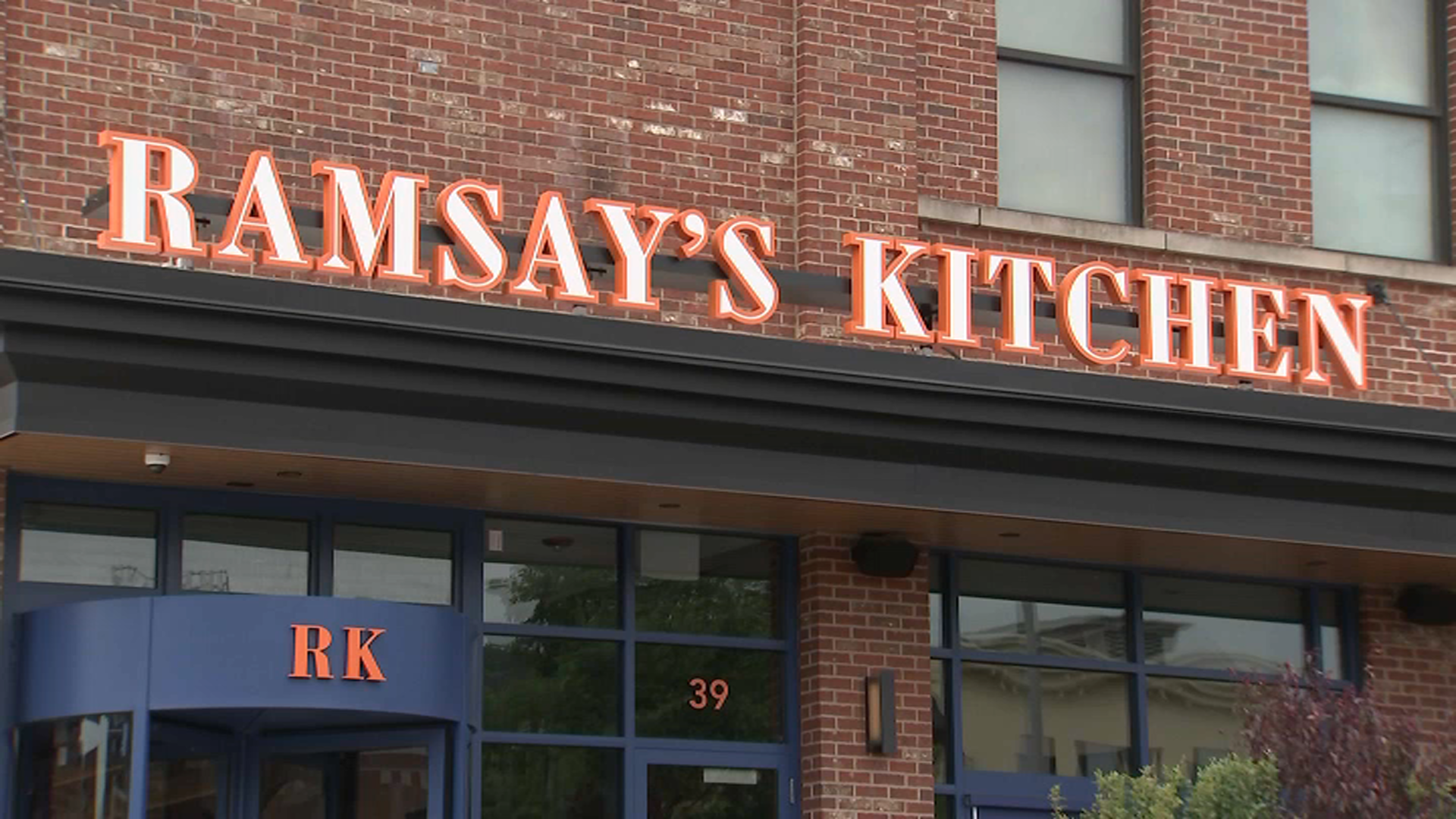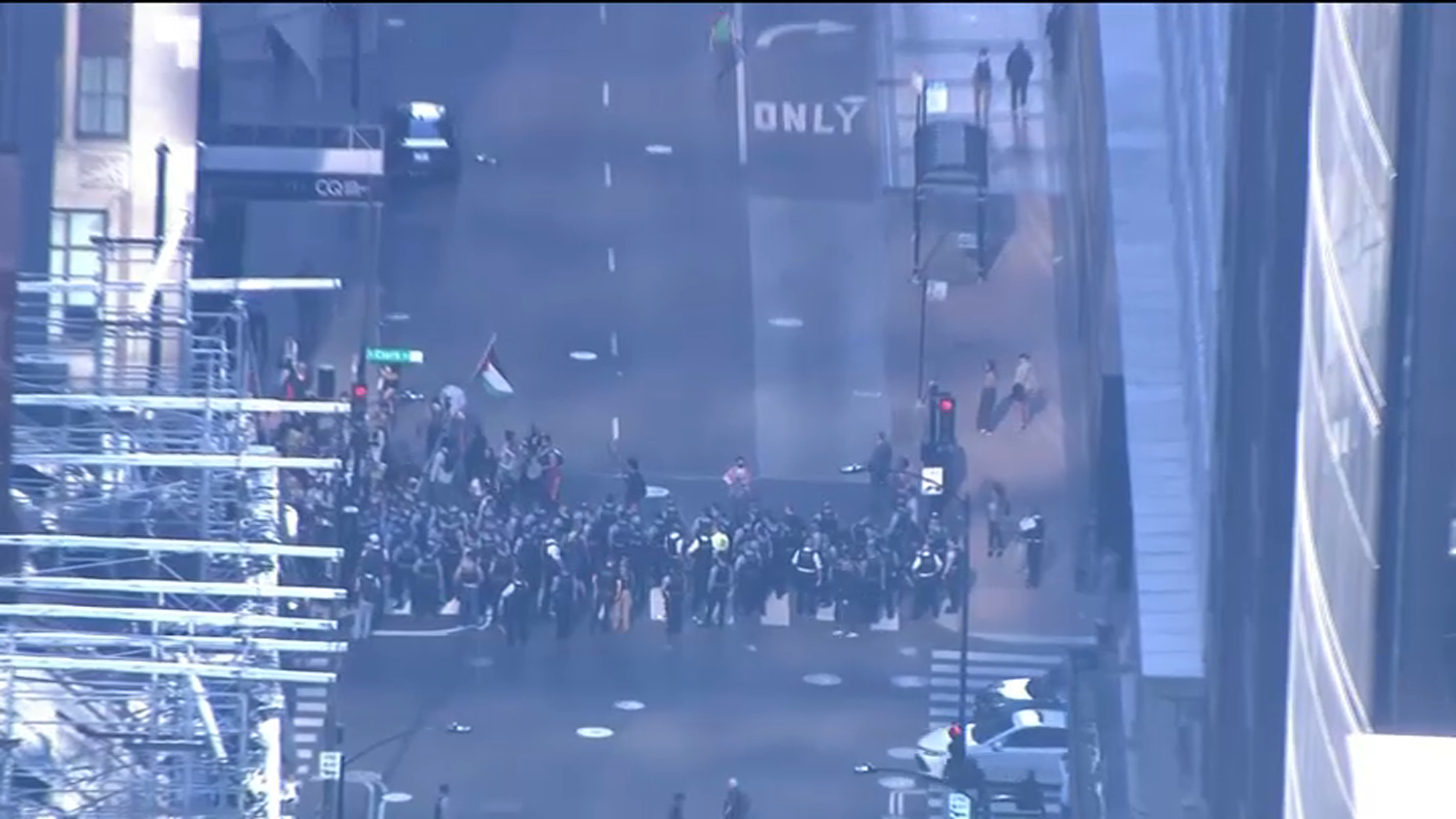Every year, government investigators try to plug a very expensive leak in the federal system: public employees who use their federally-issued credit cards, to buy gasoline for themselves and others.
"I think it's opportunistic," says Robert Erickson, acting Inspector General for the General Services Administration, the agency responsible for the credit cards issued to federal employees. And about 590,000 cards are in circulation.
"Sometimes it's somebody who decides they just aren't getting paid enough, and they want to get a bonus by using this government credit card," says Erickson.
And the numbers can add up quickly.
Records indicate that between the years of 2010 through 2014, government employees, contractors, and others, looted some $2.4 million in gasoline on government cards – buying gas for themselves, topping off friends’ cars, or in some cases, even storing gasoline for later use.
"They'll start to arrange with people a time and place," says Stuart Berman, who heads up the GSA Inspector General's office in Chicago. "They'll usually do this at a gas station, and they'll line up several people."
The case files are loaded with employees who not only filled their own tanks but sold gasoline to others, often at drastic discounts.
Local
"Sometimes charging $25 for a fuel-up," says Berman. “Sometimes 50 cents on the dollar."
Berman said gas thieves often start small, buying a tankful of gas for their own car. After that, he says, they may simply think that no one has noticed.
"And then, they become emboldened," he says. "And it's off to the races, and that's when they start lining up 10 or 15 cars."
In one case uncovered by Chicago investigators, three individuals who gained access to an Amtrak credit card were suspected of racking up $35,000 to $40,000 in fraudulent purchases. The three – Toni McCaley, Sorea Appling, and Jermaine Hicks – eventually pled to lesser charges. Prosecutors were only able to charge them with what was documented on surveillance video.
Hicks pled guilty to misdemeanor theft and was sentenced to 65 days of time served. McCaley and Appling received a sentence of Felony probation for 18 months.
The grand champion case may very well have been one out of Hampton Roads, Virginia, where a single individual was convicted of making off with about $300,000 in fuel.
"It's not unusual for us to see, even in our region here, one new credit card case per month," Berman says. "We've seen these grow into the tens of thousands of dollars."
There are safeguards in place. Legitimate purchasers must punch in a pin number, and the mileage of the government car they're driving. Routine audits of those accounts often turn up glaring telltale signs of fraud: back to back purchases, multiple purchases on the same card, or quick fill-ups on the same day.
The good news for taxpayers is that thieves are being caught. But the GSA chases the crimes with only a handful of investigators, about 70 to investigate crimes nationwide. And those investigators cover not only gas thefts, but all crimes committed inside or against the sprawling agency.
"We have to protect the taxpayer dollars," Erickson says. "We have to prevent this kind of theft from going on, and if you add it all together, it's a great deal of money."



